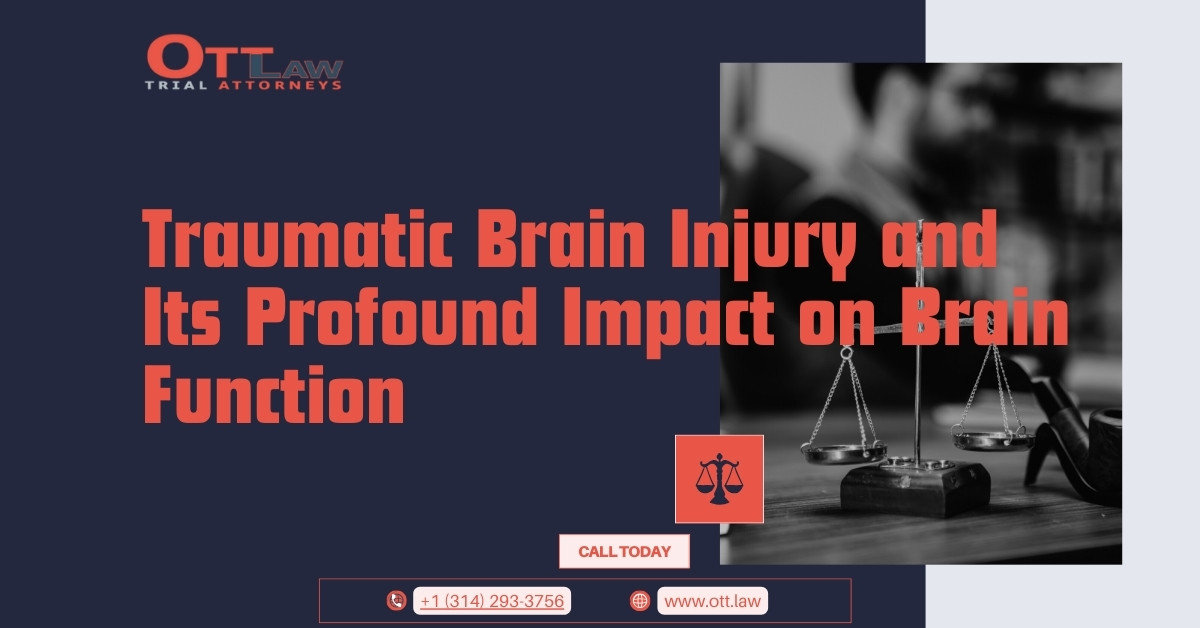Brain injuries, especially Traumatic Brain Injuries (TBI), are alarming in their capacity to change the very core of our being: the brain. A significant TBI can alter many facets of cognitive, emotional, and physical function, making it crucial to understand its intricacies.
Understanding the Executive Dysfunction in TBI
Post-TBI, individuals might experience what professionals term as ‘executive dysfunction.’ This primarily refers to issues that hinder daily life processes, such as:
- Working Memory: The ability to temporarily hold and manipulate information for cognitive tasks.
- Memory Errors (Self-Monitoring of Memory): This involves the potential misjudgment or misrepresentation of one’s memory capacity or accuracy.
- Cognitive Flexibility: The ability to switch between tasks or adjust when a strategy isn’t working.
Broad Spectrum of Affected Brain Functions
The aftermath of a TBI is a complex web of impairments affecting multiple brain functions:
- Judgment: Decision-making processes can be skewed, leading to potentially harmful choices.
- Memory: TBIs can impair various memory types, including episodic (events), declarative (facts), contextual (context in which something is learned), autobiographical (personal events), auditory (heard information), verbal (spoken information), and olfactory (smell).
- Concentration: The ability to focus, especially during daily tasks, can be significantly hampered, affecting safety and general daily living activities.
- Orientation: The sense of place and time may get distorted, with patients answering questions with only about 40 percent accuracy.
- Energy Levels: Individuals might feel continuously lethargic, struggling to muster the energy for even basic tasks.
- Insight and Safety Awareness: A reduced understanding of one’s capabilities and potential risks can put the individual in danger.
- Recall of Recent Events: Remembering recent occurrences can become a challenge, leading to missed appointments or forgotten conversations.
Seeking Help and Rehabilitation
Post-TBI care involves a multidisciplinary approach, including medical, therapeutic, and often, legal interventions. It’s paramount that individuals and their families seek out comprehensive care to optimize recovery and understand their rights, especially if the injury was due to another party’s negligence.
If you or a loved one is grappling with the effects of a TBI, it’s crucial to have all the necessary information and support. At Ott Law Firm, our team is here to guide you every step of the way. For further assistance or consultation, please don’t hesitate to reach out to us by calling at +1 314-293-3756 or visiting our office at 3544 Oxford Ave, Maplewood, MO 63143, United States.

